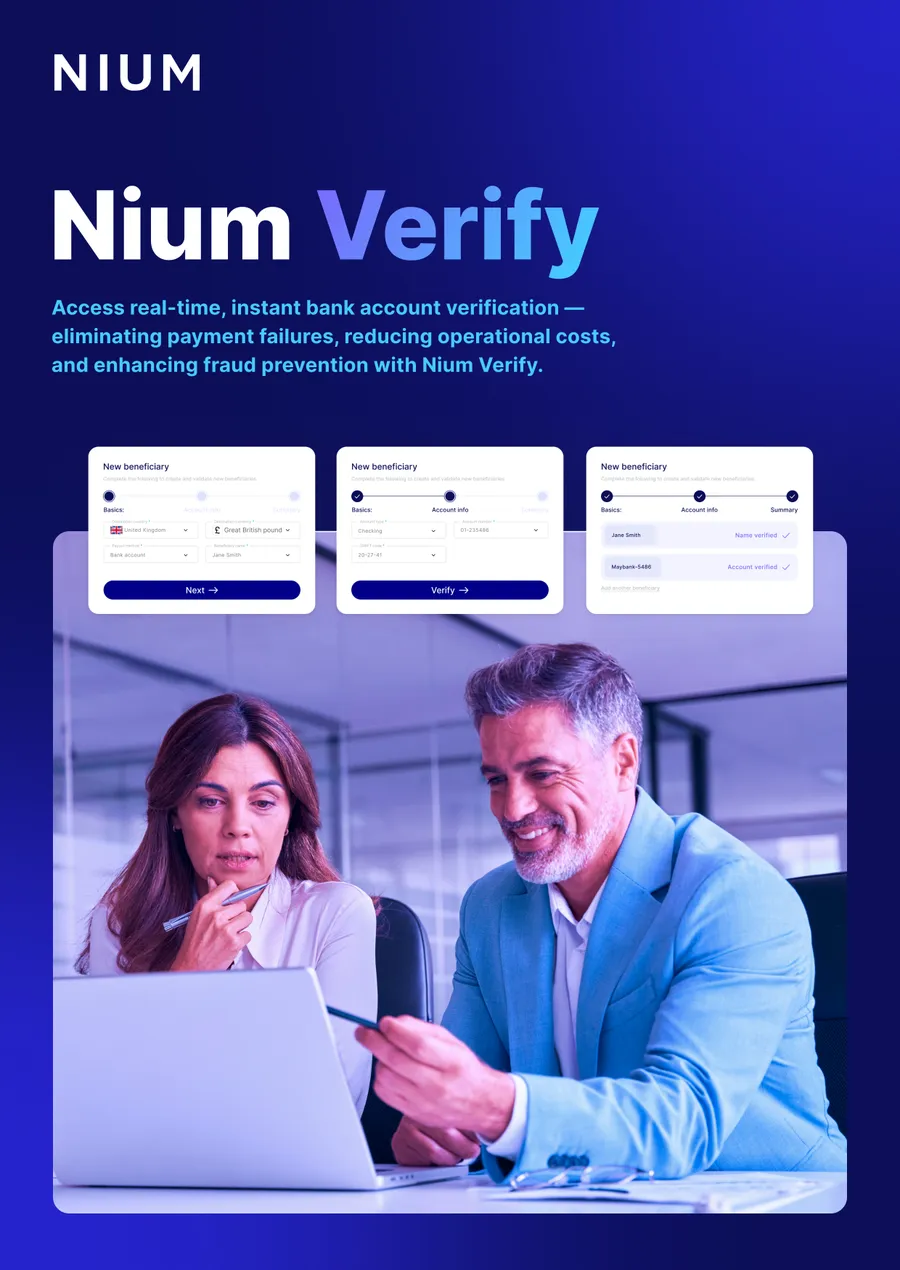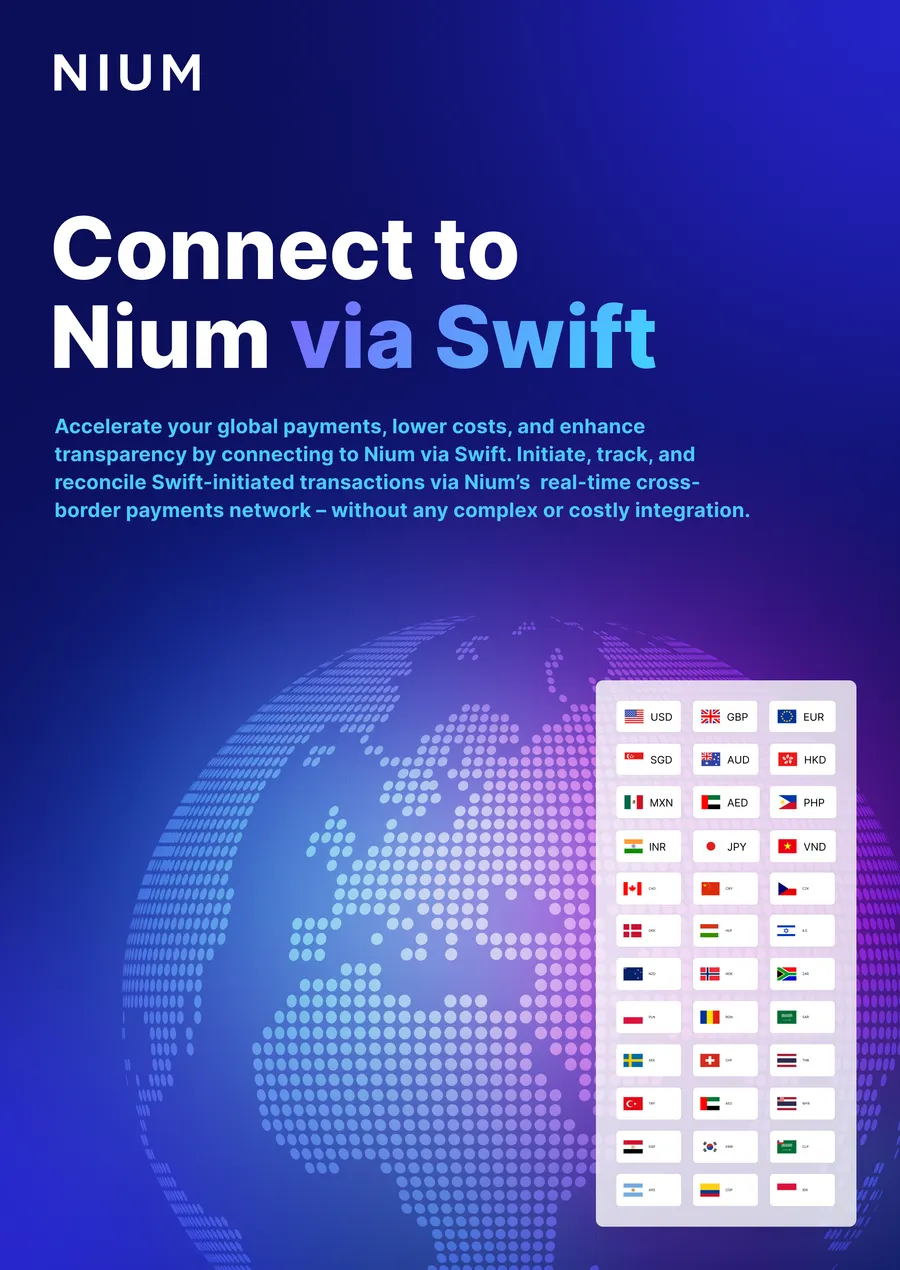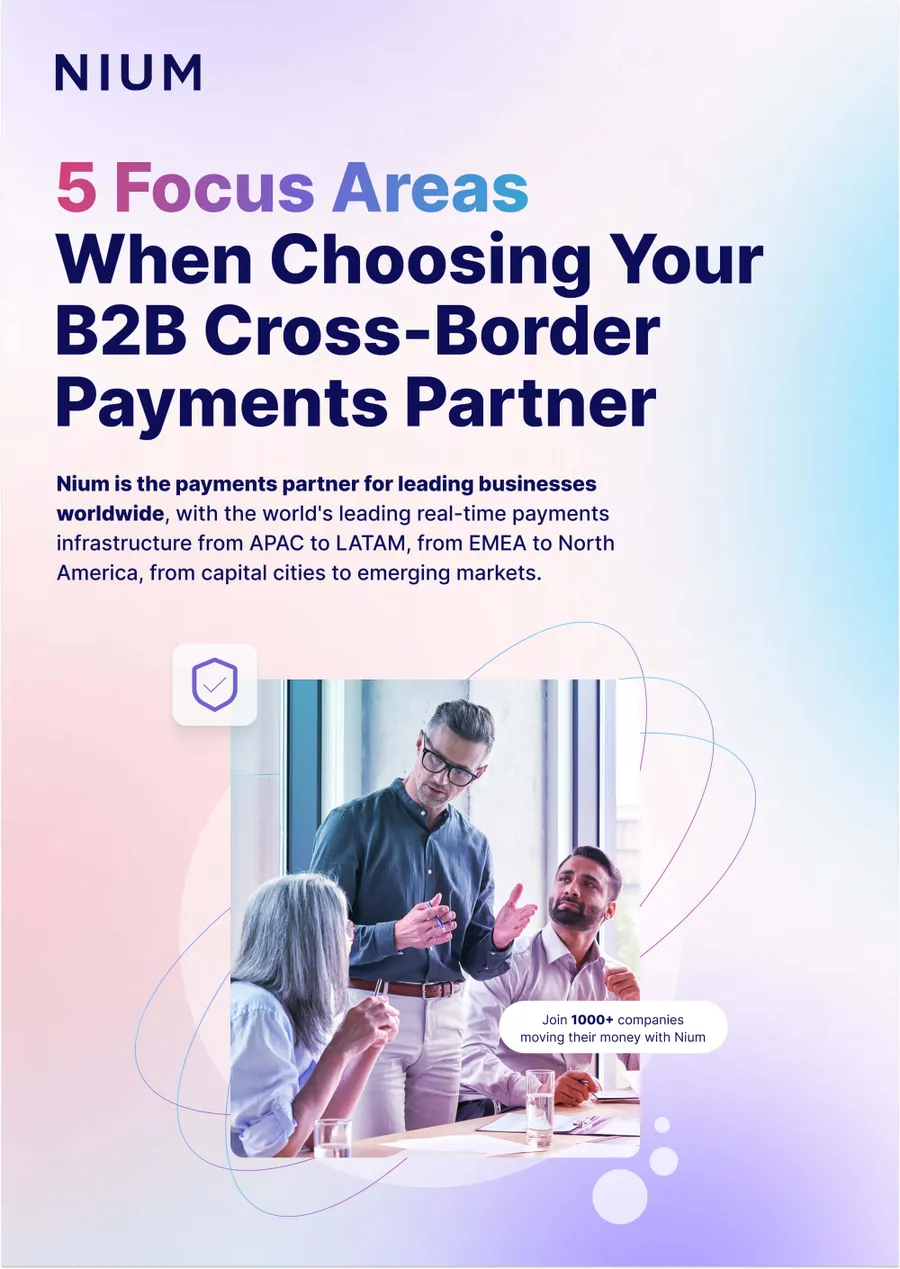Having explored the challenges that currently face global B2B payments, it’s time to consider possible solutions. Here are four major examples of how innovative B2B payments platforms can help businesses overcome obstacles that have previously held B2B payments back:
Global connectivity of B2B payment platforms can help make international payments efficient
As globalisation and outsourcing have risen in popularity, speedy cross-border payments have become an increasingly vital part of the B2B payments landscape. Payment platforms therefore must ensure that they can deliver cross-border payments as quickly as possible, and so minimising the number and size of interruptions that each payment faces is vital. Traditional methods such as wire transfers frequently fail to achieve this goal; taking a relatively long time to clear (up to multiple weeks in the worst cases) and being particularly prone to expensive conversion fees.
To ensure that cross-border payments can be made without delays and extra costs, B2B payment platforms will have to utilise internationally integrated payment corridors, connected to local payment infrastructures that will help them bypass obstructions and resolve any hitches quickly. This will be augmented by the utilisation of a wide range of payment licences to support making payments in many locations, and can be extended further via connections with payment partners to provide access to a wider network of additional payment corridors and payment licenses. Enhanced global connectivity will permit fast, seamless and reliable payments, which will be vital in an era which increasingly values speedy payments.
Modular and API ready payment systems can enable seamless payments flow
Modern businesses operate a varied portfolio of software, and to operate with full effectiveness payments software has to be able to smoothly integrate itself into each company’s digital ecosystem.
Platforms that can connect seamlessly with other programs to form a modular network will allow businesses to maximise the benefits of information-sharing. Executives will have instant access to the information they need for decision-making, with zero manual collection and interpretation required. The backbone of this will be formed by fully integrated APIs that make controlling payments and financial data totally straightforward. This will augment the efficiency benefits produced by this modular approach, with particular effect for virtual accounting, cashflow management and payroll administration. All of these can now be constantly optimised in response to incoming data, enabling smarter payments and more informed business decision-making.
Automation is vital for reducing cost and increasing efficiencies across payment processes
The benefits of integration will be enhanced by advances in automation, allowing payments to be supported by emerging tech such as artificial intelligence, machine learning, robotic process automation etc., which will augment the data-driven improvements outlined in the previous paragraph. This will allow payments to be delivered with much greater speed and accuracy than traditional manual processes can offer.
As companies increasingly come to value speed as the vital requirement for B2B transactions, they will want payments that can pass through all the required processes without the need for manual intervention, speeding up the transfer process and reducing the capacity to introduce human error into the process. The end result will be the proliferation of seamless payments that can be delivered in real time with the bare minimum of necessary human involvement.
Digital identity verification capabilities will be crucial weapon against fraud
Fraud has become increasingly prominent in recent years, with companies across the world have experiencing mounting losses from scams, and so innovative solutions to the problem of separating legitimate and malicious requests are vital to supporting B2B payments.
Digital tools like individualised transaction profiles, coupled with the output of machine-learning processes, offer a real-time solution to this verification problem that substantially reduces the delays caused by risk and compliance checks, without compromising the effectiveness of fraud detection checks. This solves a problem that has been exacerbated by the growing demand for rapid payments – as speed becomes increasingly valued companies can no longer afford costly and frustrating delays, but this pressure reduces the time available to perform security checks.
The rise of automated systems offers a potential solution: over time payment systems can automatically accumulate a bank of data relating to their clients, which they can use to devise an individualised behaviour profile for each customer, against which transactions can be instantly compared in search of suspicious patterns. Pre-existing systems such as Know Your Customer/Client (KYC) demonstrate that automatic screening tools can successfully distinguish attempted frauds bona fide payments instantaneously, minimising delay without compromising security. This also extends to systems designed to comply with regulations combating money laundering and terror financing, which in the past have caused similar delays; automation allows these checks to go ahead much more efficiently, minimising the time wasted.
Combined with other technological solutions such as advanced authentication measures (biometric authentication, for example), this will ensure that payment platforms can build a comprehensive profile of their customers without going through the lengthy manual client onboarding processes that many businesses have relied upon in the past, thereby saving time for employees who can redirect their attention towards more productive work. Instantaneous screening can also help extend improved security down to even the smallest scale of payments, assisting medium-sized companies that aim to extend their activities into developing economies.
***
This kind of evolution in payments is underpinning a big rise in global B2B payments, which have become a significant component of the global payments landscape. It has becoming increasingly clear that possession of a payments platform that can effectively harness this kind of innovation and creativity is vital for any business aiming for B2B payment success.



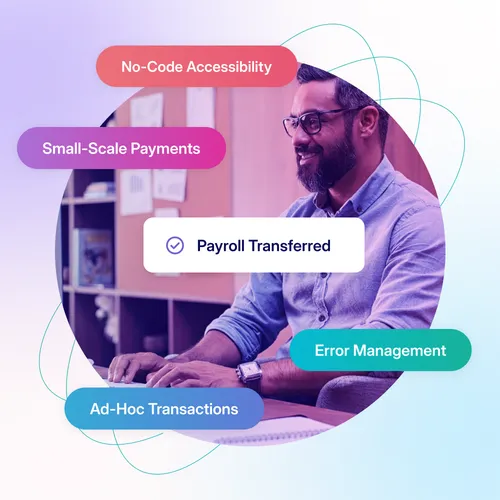
.png@webp)


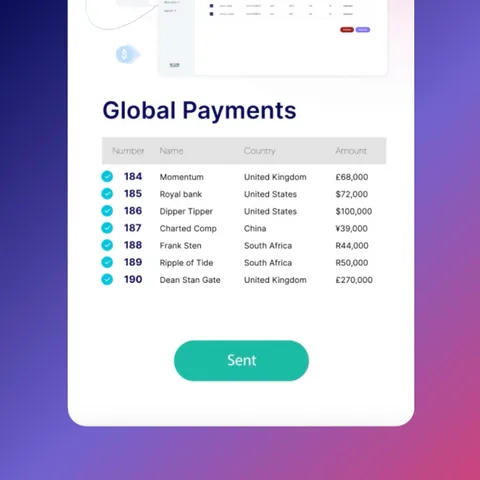
.png@webp)


